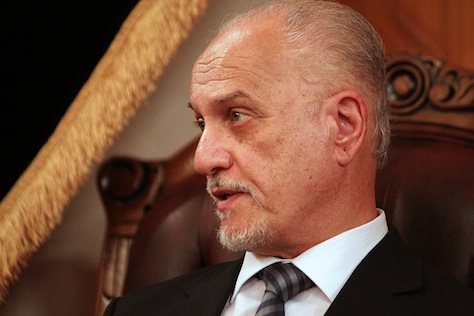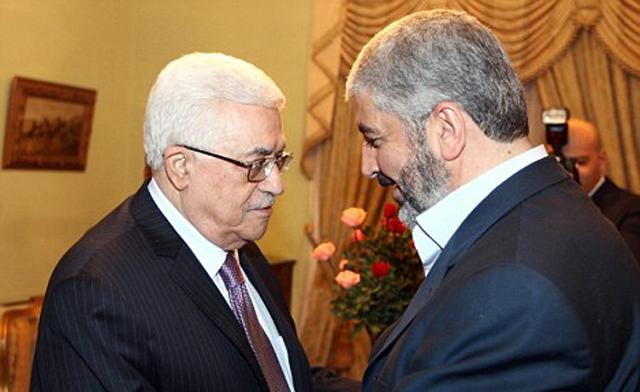With US and Iranian officials publicly pressuring Iraq’s parliament to form a new national unity government as quickly as possible, Sunni and Kurdish (and, increasingly, many Shiite) leaders seem united on one thing — they’re not enthusiastic about giving Iraqi prime minister Nouri al-Maliki a third term in office.![]()
Iraq’s parliamentarians took a small step toward forming a new government yesterday when they elected Salim al-Jubouri as the new speaker of the 328-member Council of Representatives (مجلس النواب العراقي). In post-Saddam Iraq, the speakership is reserved for a Sunni, the presidency is reserved for a Kurd, and the premiership for a Shiite. Each official has two deputies such that each group — Sunni, Shiite and Kurdish — winds up with one major office and two deputy offices. Accordingly, when the Iraqi parliament chose Jubouri as the speaker, it also chose his two deputies.
It was the vote to appoint Iraq’s Shiite deputy speaker, however, that may hold some clues to the rest of the government formation process. The new speaker has fully two weeks to nominate a candidate for the Iraqi presidency, which means it could take a full month to appoint the president who thereupon has another 15 days to appoint a prime minister.
Though Haidar al-Abadi, a Maliki ally, ultimately won the deputy speakership, he faced an unexpectedly stiff challenge from Ahmad Chalabi, who’s gunning for the premiership.
* * * * *
RELATED: Don’t blame Obama for Iraq turmoil — blame Maliki
* * * * *
There’s been a considerable amount of chatter inside and Iraq about the sudden rehabilitation of Chalabi, a figure upon whom US officials relied heavily in their decision to launch a military invasion against Saddam Hussein in 2003. But for all the talk of his sudden rise, he remains a longshot to become Iraq’s next prime minister.
All the same, Abadi’s rise also signals that Maliki won’t continue as Iraq’s prime minister, either. Abadi is not only a member of Maliki’s State of Law Coalition (إئتلاف دولة القانون), he’s a member of Maliki’s party, Islamic Dawa (حزب الدعوة الإسلامية). In April’s parliamentary elections, which now seem a lifetime ago in Iraqi politics, Maliki’s State of Law Coalition (SLC) won 92 seats, by far the largest bloc in the parliament, itself holding a majority within the Shiite majority. Though , the State of Law Coalition will continue to drive the process within the Shiite bloc, generally, it’s farfetched to think that other SLC leaders, not to mention the legislators of the two other Shiite groups, Muqtada al-Sadr’s Sadrist Movement (التيار الصدري) and Ammar al-Hakim’s Islamic Supreme Council of Iraq (ICSI, المجلس الأعلى الإسلامي العراقي), would agree to hand over two of the three top offices, including the premiership to Islamic Dawa.
That makes it very likely that the Shiite leadership will turn to another figure, such as Iraq’s former oil minister, deputy prime minister and, as of four days ago, its new foreign minister, Hussain al-Shahristani (pictured above), who is a top SLC figure from outside Islamic Dawa. Continue reading Latest Iraqi parliamentary steps indicate Maliki’s replacement

